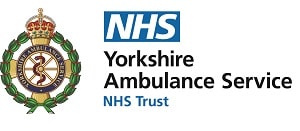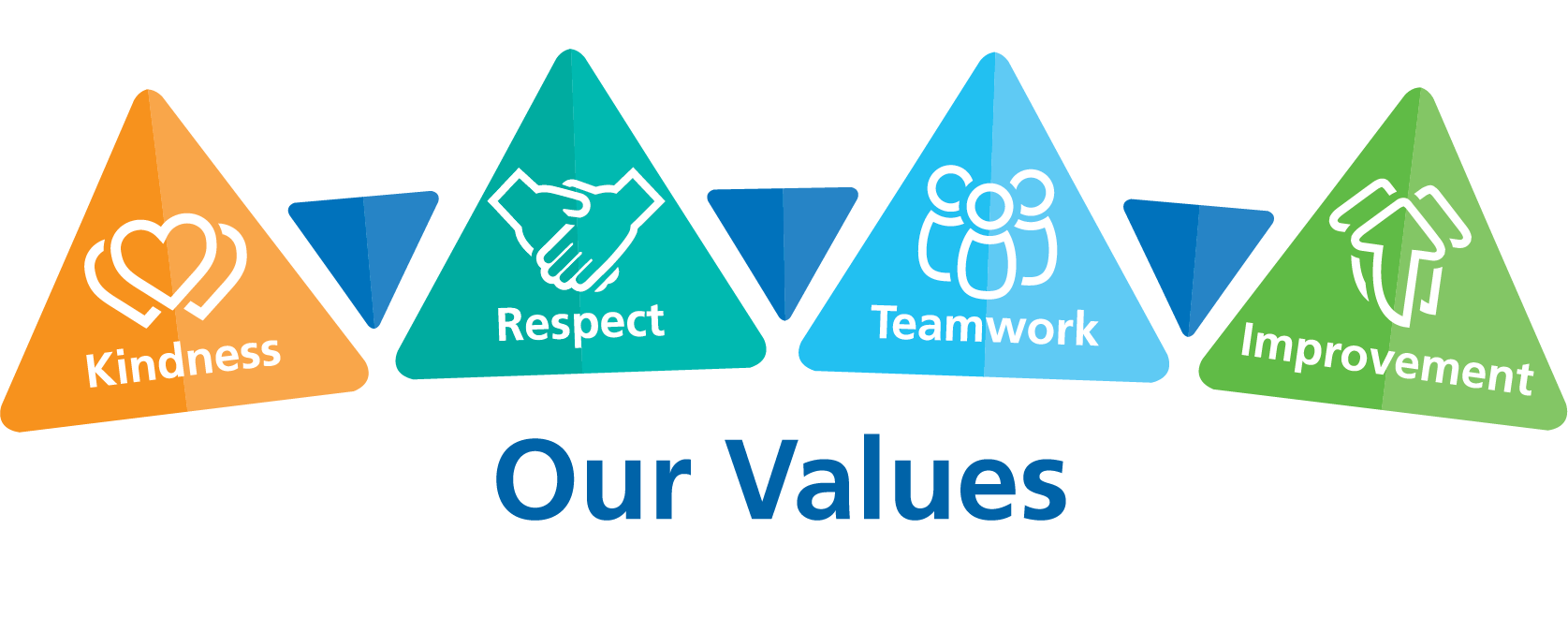Please use ambulance service wisely during industrial action on Friday (10 February)
09 February 2023
For the second time this week, because of forthcoming industrial action (Friday 10 February), Yorkshire Ambulance Service NHS Trust is asking members of the public to only dial 999 for an ambulance where a patient has a life-threatening or very serious condition.
Strike action by UNISON members is planned on Friday 10 February and all services operated by the Trust will be impacted, including A&E Operations (frontline emergency ambulances and 999 call handling), non-emergency Patient Transport Service (PTS) and NHS 111.
This industrial action is part of a national pay dispute with the government.
Union membership in Yorkshire Ambulance Service of UNISON is approximately 3,000 staff (out of a workforce of over 7,000).
This follows hard on the heels of industrial action taken by GMB members on Monday (6 February) and, whilst we recognise and respect individuals’ legal right to participate in industrial action, our priority remains ensuring that patient and staff safety, welfare, dignity, and respect are maintained. Yorkshire Ambulance Service has put a number of contingency plans in place to allow it to respond to high acuity life-threatening and very serious cases during the strike.
Discussions between UNISON representatives and the Yorkshire Ambulance Service senior management team have resulted in derogations (also known as exemptions) being put in place. For our emergency ambulance service, this will include responding to calls where someone is in a life-threatening condition. For our non-emergency PTS, plans are in place to run an essential-only service for patients who need essential life-saving treatment such as renal dialysis, chemotherapy, radiotherapy and other cancer treatment, end-of-life patients and palliative care transport, and limited service for in-patients who are medically fit for discharge from hospital.
Nick Smith, Executive Director of Operations at Yorkshire Ambulance Service NHS Trust, said:
“During previous strike days, members of the public have generally responded as we’d asked them to and used our emergency service appropriately for very serious and life-threatening incidents. This means that more limited frontline resources can be used for those most in need.
“With further industrial action across key services, we will have less resources available to respond to patients on Friday 10 February. Services will be severely disrupted, with the likelihood of delays in emergency responses and telephone calls to 999 and NHS 111 being answered.
“We are asking the public once again to be mindful of the industrial action taking place and to use our services wisely, but particularly our emergency ambulance service. We will be here for those who really need us, but you should only call 999 when someone is in a life-threatening or very serious condition as we prioritise our responses.
“Ambulances will still be able to respond during the strike, but this will only be where there is an immediate risk to life. Less serious calls may not receive a response or a significantly delayed response for the duration of the strike action and some patients might be asked to make their own way to hospital, where it is safe for them to so.
“Patients waiting for an ambulance should only call back if their symptoms worsen or to cancel an ambulance if alternative transport has been arranged, so that our lines are available to take new emergency calls.”
“We also ask that people seek help and advice from alternative healthcare providers, including NHS 111 Online (111.nhs.uk), their own GP or by visiting a pharmacist.”
Produced by: Corporate Communications Department

